Why would an emerging food and beverage business want to focus on waste reduction when it could be focusing on a positive, increasing profit, footfall, and market share?
Well, ideally, you’d be doing both, but if we really had to choose, we’d back the idea that you focus on waste reduction. Restaurants alone contribute 199,100 tonnes of food waste, and apart from the ecological issues, it’s a problem that costing businesses around £682 million each year. From the direct hit on your profit to customer appeal, there are some other reasons why food waste reduction matters so much, even at the early stages.
Customer satisfaction
Let’s start with what we feel is the weirdest one. Improving waste management results in enhanced customer satisfaction. Consumers increasingly value sustainability and ethical practices and it has been shown that if you are able to demonstrate this, you can enhance the perception of your brand. That means more positive reviews, a competitive edge and repeat custom, if you get it right.
The National Restaurant Association’s 2022 State of the Restaurant Industry report shows that 30% of customers prefer buying food from restaurants that use eco-friendly practices and Recent Brand Aperture™ research of 300 brands shows the correlation between people believing that a brand is doing everything it should on climate change, and saying they love that brand. In fact, it is consistently high across countries: 65% in the US, 63% in the UK and 58% in China.
It’s clear that success in the food and beverage industry and customer satisfaction (CS) is directly linked to service quality (SQ), but this can be greatly enhanced when waste reduction is being managed efficiently.
In summary it shows that the intense competition among the restaurant enterprises has rendered it inevitable to “establish much stronger relationships with customers in order to survive in the market and increase the market share.” The advice?
“Restaurants…should try to increase the number of activities aiming at customer satisfaction which is of vital importance for marketing activities, and they should do their best to assure loyal customers.”
While that of course includes everything from the food quality, offering and service, food waste is the hidden gem that could nudge the needle on the perception of your business.
Operational efficiencies
You need to staff for your new location, so hiring would seem to be a priority. But again, measuring food waste, or using AI to spot any waste areas, can enhance operational efficiency and productivity and should be a priority. You may be able to get more from the employees you already have or discover you don’t need as many people as you’d planned when you consider competitor analysis, supply chain data and operational insights.
Take something as common in any food and beverage business big or small - inventory management. If you tackle this as one process and allow the stock count to be one task, while keeping food waste, ingredient costs, supplier analysis all in separate silos or spreadsheets, you’re quadrupling work and the chance for poor data or poor insights to be gathered by accident.
By coming in with one strong goal such as ‘getting food waste down by 15%’ - you actively start to streamline processes and enhance kitchen efficiency for kitchen performance. That means staff do what they need to be doing, the back of house is a well-oiled machine, and that passes back to the front of house ops. It’s the circle of life…
Cost savings
Amidst a landscape of rising food costs, reducing food waste is crucial. According to Green Restaurant Association, a restaurant can produce up to 25000-75000 pounds of food waste a year. That’s a cost that must be passed on.
When you can use AI and the Orderly scorecard to measure and track food waste, identify areas of excessive waste, you can make changes. As the adage goes, you can’t change what you can’t measure.
For every £1 a restaurant invested in reducing their food waste, they saved an average of £7 in operating costs over a three-year period, granting a 600% ROI.
You could be saving so much on unused food, food scraps or event underutilised ingredients. WRAP also found that for every £1 a restaurant invested in reducing their food waste, they saved an average of £7 in operating costs over a three-year period, granting a 600% ROI. Through this, the average restaurant also cut food waste down by 26% in just one year, and by nearly 90% in two years.
That’s just the start. Our software can support you in identifying and decreasing food waste, for improved profits and outcomes. Contact Orderly to learn how your food and beverage chain can accurately report on food loss and waste.


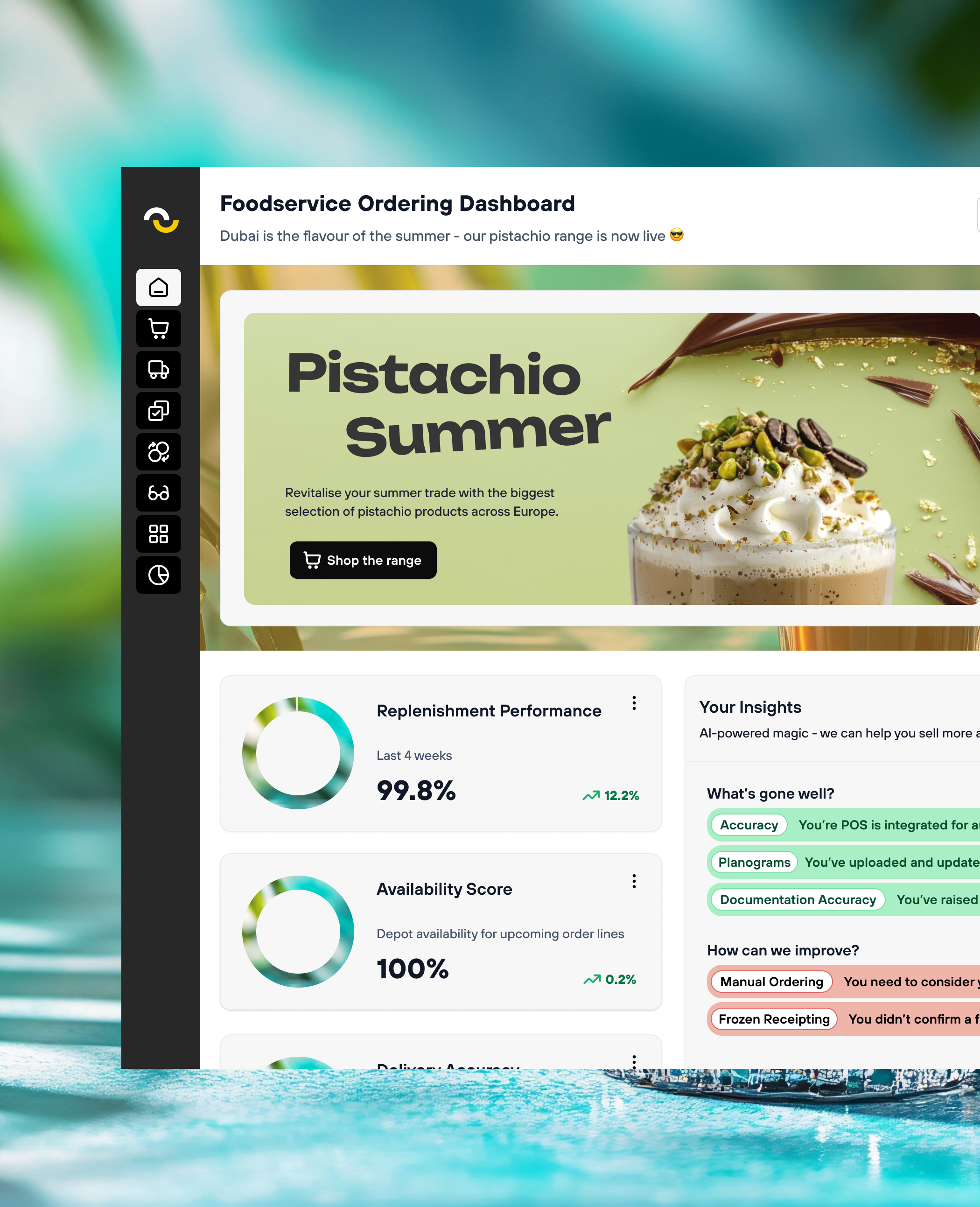

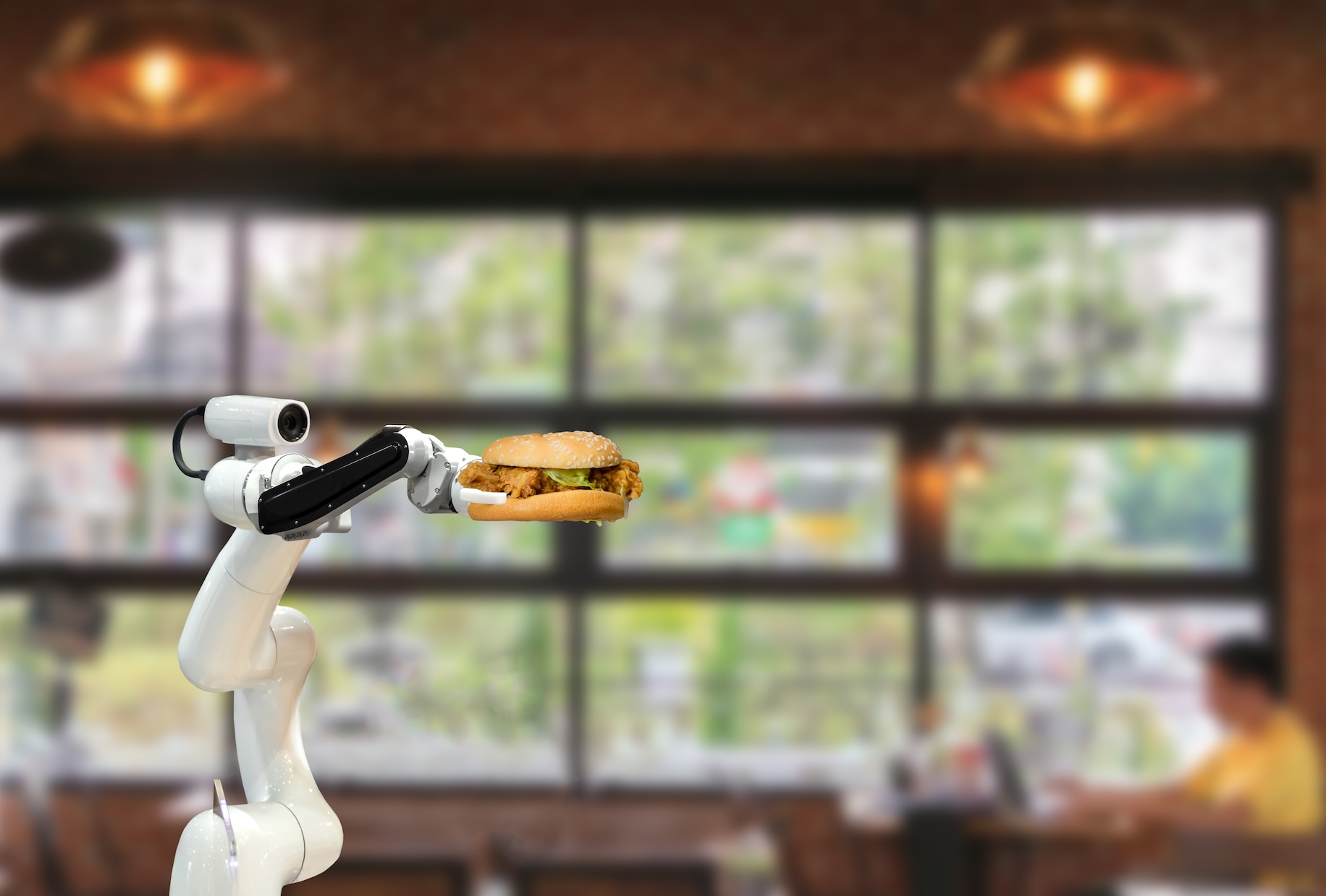
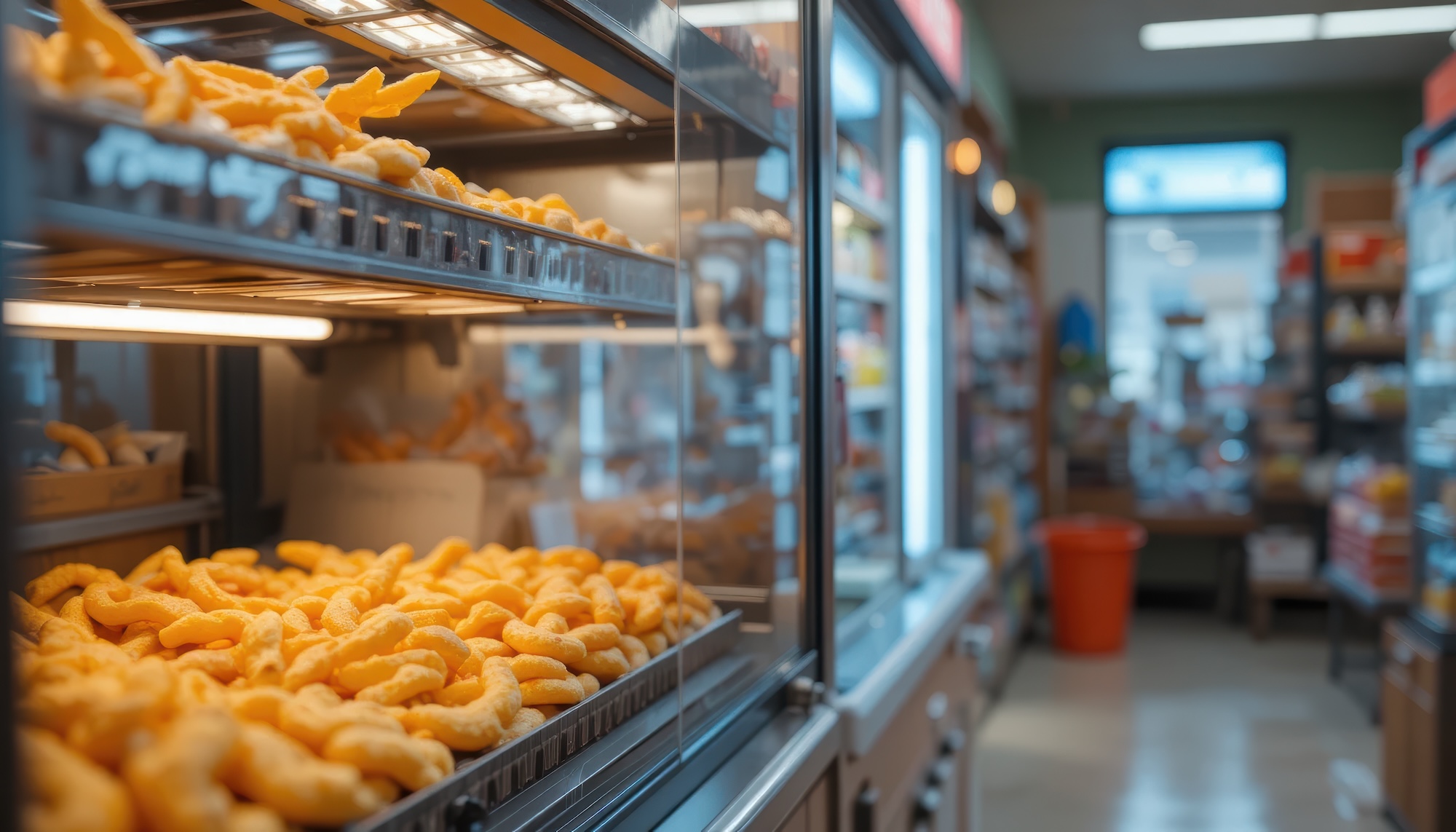

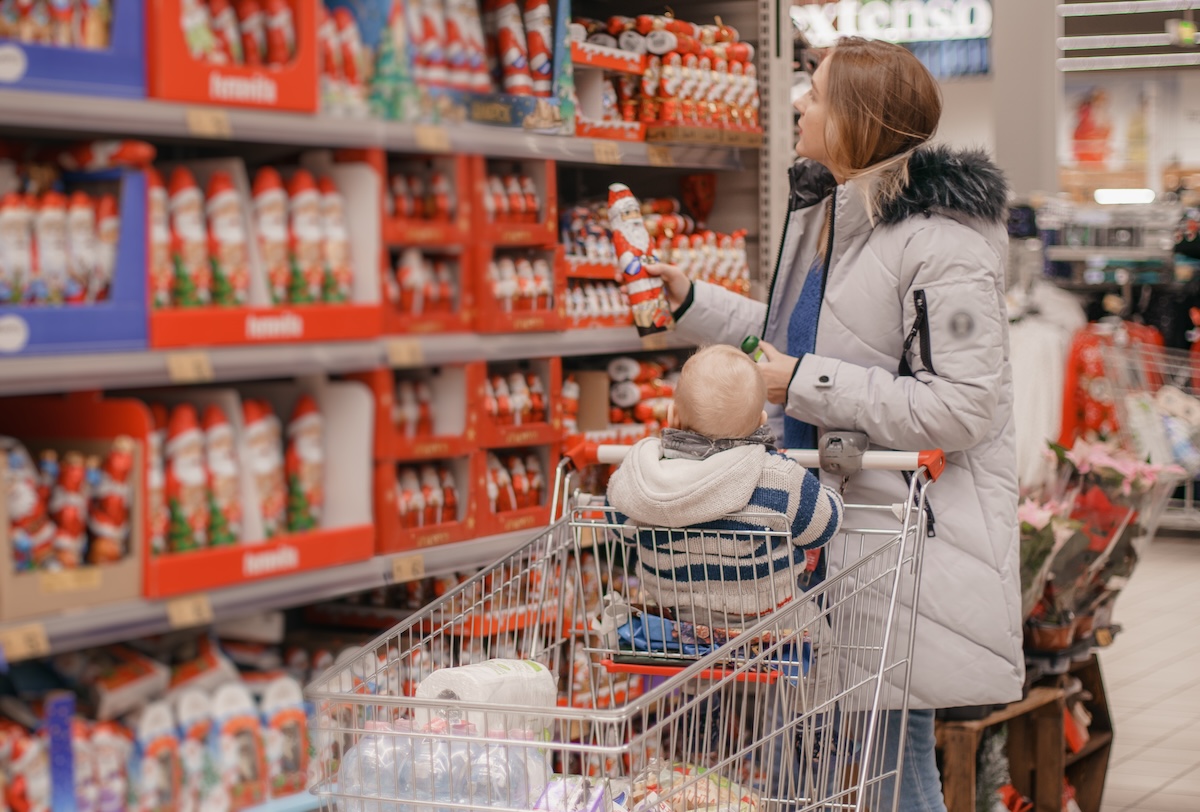
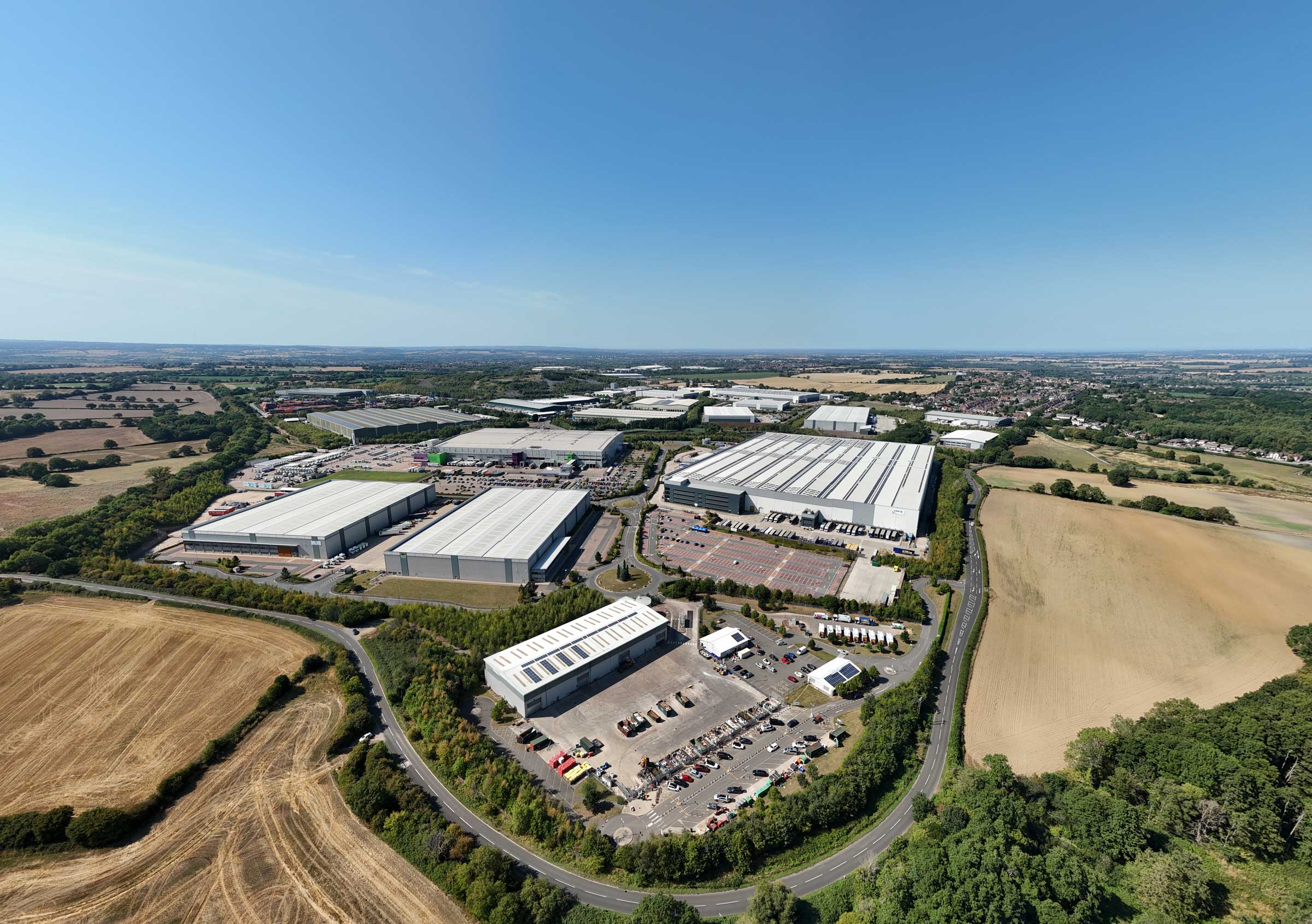

.svg)

.svg)
.svg)